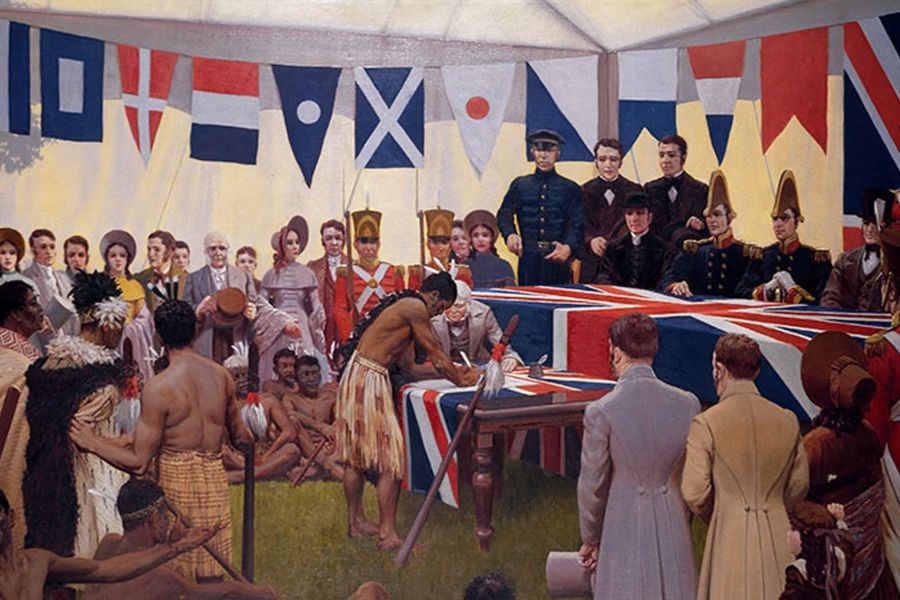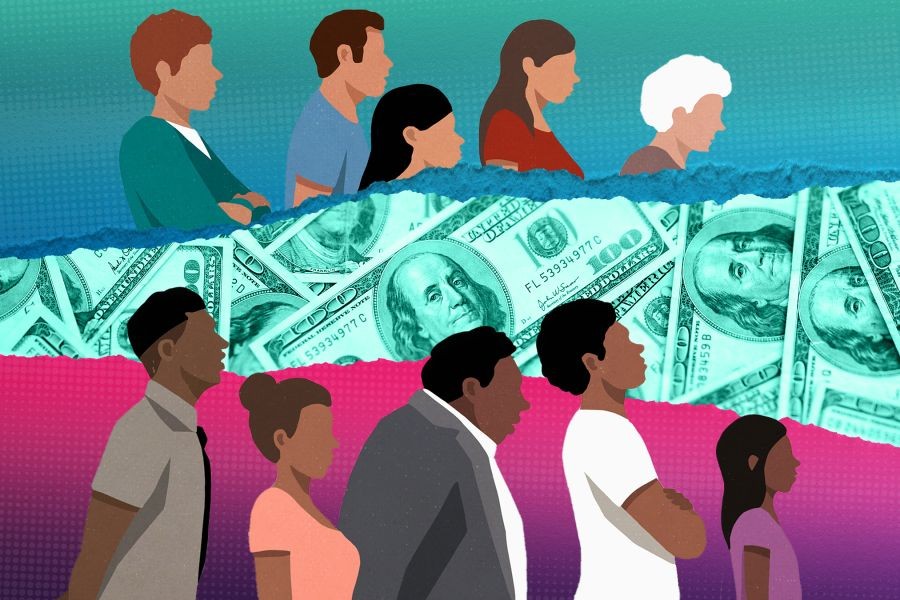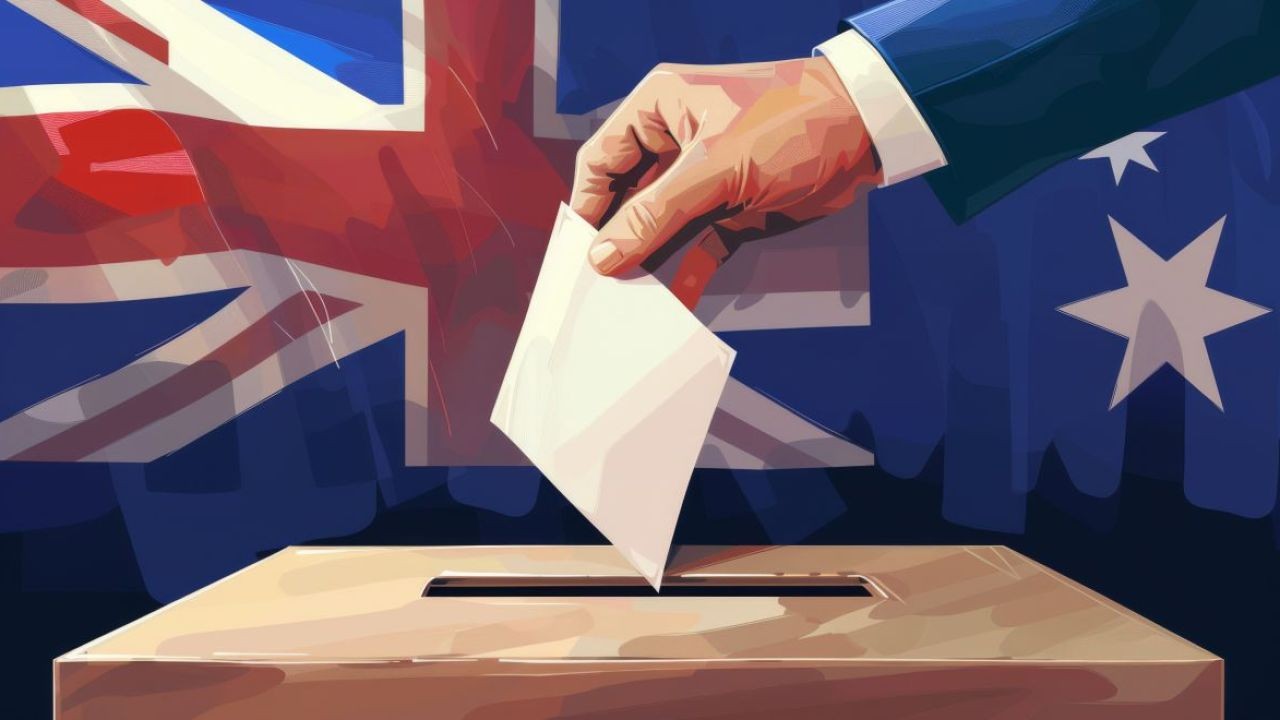New Zealand's history is inextricably linked to the Treaty of Waitangi, a cornerstone document signed in 1840 between British representatives and Māori chiefs. The treaty's influence extends beyond historical significance—it's a living document that continues to shape New Zealand's socio-economic landscape. As the nation evolves, understanding how the Treaty of Waitangi will shape New Zealand's future is crucial for policymakers, businesses, and citizens alike.
The Treaty’s Economic Impact: A Historical Perspective
The Treaty of Waitangi was initially intended to ensure peaceful coexistence between Māori and European settlers. However, its economic implications have been profound. Over the years, breaches of the treaty have led to significant land confiscations, affecting Māori economic stability and growth. According to Stats NZ, Māori have historically been disadvantaged in terms of land ownership and wealth distribution, leading to a persistent socio-economic gap.
Current Economic Implications
Today, the Treaty plays a pivotal role in economic development through settlements that aim to redress historical grievances. The Waitangi Tribunal, established in 1975, has facilitated settlements worth billions of dollars, empowering Māori tribes (iwi) to invest in various sectors. Te Rūnanga o Ngāi Tahu, for example, has utilized settlement funds to build a diverse investment portfolio, contributing to regional economic development and employment.
Case Study: Ngāi Tahu—From Settlement to Economic Powerhouse
Problem: Historically, Ngāi Tahu experienced significant land loss and cultural erosion, hindering economic development.
Action: Following a landmark settlement of NZD 170 million in 1998, Ngāi Tahu diversified into tourism, agriculture, and commercial property.
Result: The iwi's asset base has grown to over NZD 1.3 billion, creating thousands of jobs and contributing significantly to the South Island's economy.
Takeaway: This case underscores the potential of Treaty settlements to transform iwi into economic powerhouses, benefiting both Māori and the broader New Zealand economy.
The Treaty’s Role in Social Policy and Education
Beyond economics, the Treaty of Waitangi influences social policies, particularly in education and health. Educational initiatives that incorporate Māori perspectives and knowledge systems are gaining traction, addressing disparities and fostering inclusivity. The Ministry of Education's Ka Hikitia strategy, for example, aims to accelerate Māori educational success, recognizing the Treaty’s principles as foundational to equitable education reform.
Contrasting Viewpoints: The Treaty’s Economic Role
While many see the Treaty as a vehicle for economic redress and growth, others argue it perpetuates divisions. Critics suggest that focusing on historical grievances detracts from addressing current socio-economic issues. However, proponents argue that settlements lay the groundwork for sustainable development, as evidenced by successful iwi like Ngāi Tahu.
Middle Ground: A balanced approach would involve integrating Treaty principles into broader economic policies, ensuring historical redress while fostering unity and shared prosperity.
Pros and Cons of Treaty Settlements
Pros:
- Economic Empowerment: Iwi settlements have bolstered economic independence and growth.
- Cultural Revitalization: Empowered iwi invest in cultural initiatives, preserving heritage.
- Social Equity: Settlements address historical injustices, contributing to social cohesion.
Cons:
- Complex Negotiations: Settlements can be contentious and protracted.
- Resource Allocation: Disparities in settlement distribution can lead to intra-iwi tensions.
- Economic Dependency: Over-reliance on settlement funds may jeopardize long-term sustainability.
Future Trends and Predictions
As New Zealand continues to grapple with the Treaty’s implications, several trends are emerging:
- Increased Iwi Investment: Expect continued growth in iwi-led enterprises, diversifying into emerging sectors such as technology and renewable energy.
- Policy Integration: Future economic policies will likely integrate Treaty principles, promoting inclusive growth and social equity.
- Educational Reforms: The commitment to incorporating Māori perspectives in education will intensify, addressing disparities and fostering a more inclusive national identity.
Common Myths and Mistakes
Myth: "Treaty settlements are handouts."
Reality: Settlements are compensatory, addressing historical breaches that hindered Māori development.
Myth: "The Treaty is only a historical document."
Reality: The Treaty is a living document, integral to contemporary policy and economic development.
Myth: "All iwi benefit equally from settlements."
Reality: Disparities exist in settlement distribution, leading to varied economic outcomes among iwi.
Conclusion
The Treaty of Waitangi will continue to shape New Zealand’s economic and social landscape. By acknowledging historical grievances and fostering equitable growth, New Zealand can leverage the Treaty as a foundation for a more inclusive and prosperous future. As the nation progresses, it is crucial to integrate Treaty principles into policies and practices, ensuring shared prosperity for all its citizens.
What’s your take on the Treaty’s role in New Zealand’s future? Share your insights below!
People Also Ask
- How does the Treaty of Waitangi impact businesses in New Zealand? Businesses leveraging Treaty principles report improved relations with Māori communities, fostering partnerships and growth.
- What are the biggest misconceptions about the Treaty of Waitangi? A common myth is that settlements are handouts; however, they are compensatory for historical injustices.
Related Search Queries
- Treaty of Waitangi economic impact
- Māori economic development
- Treaty settlements New Zealand
- Ngāi Tahu economic growth
- Treaty of Waitangi education policies
- Future of the Treaty of Waitangi
- Māori business success stories
- New Zealand social equity policies
- Waitangi Tribunal settlements
- Treaty of Waitangi historical significance




![Discover the Magic of [13280] | Explore [13281] & [1765] in Depth](https://s3.ap-southeast-2.wasabisys.com/cdn.vidude.com/upload/photos/2025/02/0616335bef4c539e747fac49d485658f199c41f7iaqA4QYQgIega6oB8Av9.video_thumb_9085_7.5.jpeg)


























